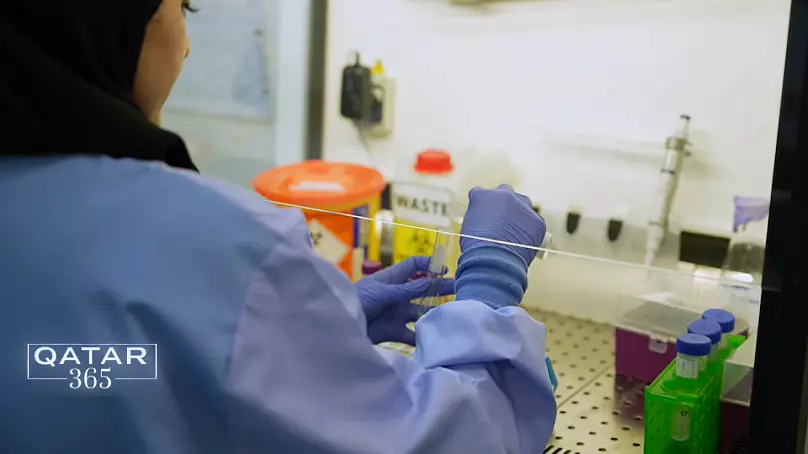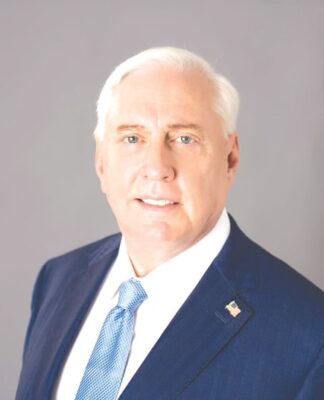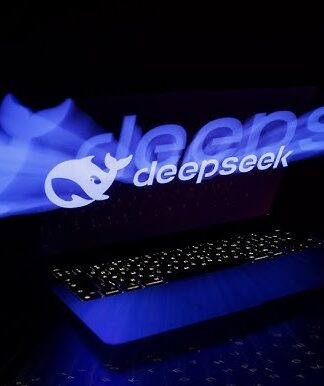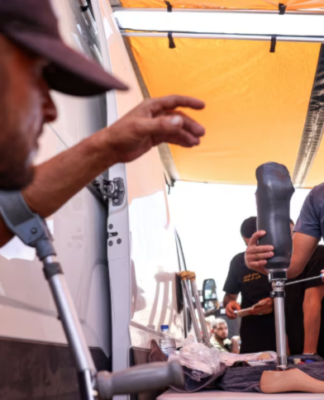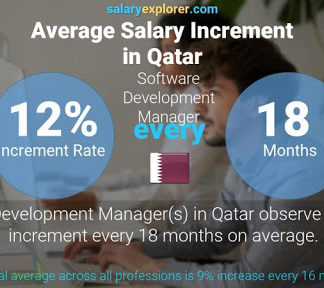QATAR 365
A research revolution: science, genes, and sport in Qatar
By Miranda Atty • Updated: 24/08/2022
A research revolution: science, genes, and sport in Qatar
SHARE THIS ARTICLE
embed
facebook
twitter
flipboard
mail icon
In this edition of Qatar 365, we lift the lid on three programmes making huge advances in scientific research: Biobank’s DNA sampling which is transforming patient care, the Qatar Genome Programme which is changing precision medicine, and a facility revolutionizing the treatment of sports injuries.
A leading player in sports medicine research
Since opening its doors in the heart of Doha’s Sports City in 2007, Aspetar has treated some of the biggest names in sport. Internationally recognised as a leading sports medicine facility, it combines the latest technologies with new research.
A range of resources is available at the hospital, including movement assessment labs, hydrotherapy, physiotherapy, and rehabilitation, as well as sports surgery and operating rooms, dentistry, and fitness facilities.
Dr Jamal al Khanji, Aspetar’s Chief Patient Experience Officer, explains that the facility was created with elite athletes in mind.
‘You want the athletes to feel at home, and home for them is a training centre or a gym. If you go to Aspetar, you’ll see that it’s actually looks more like a gym than a hospital.’
Aspetar physiotherapist, Dr Rod Whitely, has seen a lot of technological changes in the world of sports since he first started treating athletes.
‘Thirty-plus years ago when I started doing this, all we really had available to assess how athletes were moving, and to try and guess where the different loads were going through their joints, muscles, and ligaments, was basically our eyes,’ he says.
With scientific data, a good guess is now backed up with evidence.
The growth of precision medicine
Qatar Biobank uses patient data to provide medical professionals with all the information they need to offer them personalised care.
It was launched in 2012, to enable local scientists to conduct medical research on prevalent health issues in Qatar, like diabetes, cancer, and obesity.
Participants fill out questionnaires, and provide blood and other DNA samples. After that, they are reassessed on a five-yearly basis. Scientists can then test prevention methods to see if they are effective.
Euronews
Qatar BiobankEuronews
The Director of Qatar Biobank, Dr Nahla Afifi, explains: ‘It’s already helping in providing physicians and pathologists with the right tools for diagnosis.’
WE SEE THE BIOBANK AS A PILLAR IN THE IMPLEMENTATION OF PRECISION MEDICINE IN QATAR.
Dr Nahla Afifi
Director of Qatar Biobank
Mapping our genomes
One of the projects the Biobank has contributed to is the Qatar Genome Programme – a groundbreaking genome sequencing initiative. QGP has sequenced 32,000 genomes since 2015.
Genome sequencing is essential for understanding an individual’s predisposition toward certain common diseases, and developing datasets of whole populations that can be used to understand causative factors. And the prognosis for rare genetic disorders can be determined quickly.
Dr Said Ismail, the Director of QGP, stresses the importance of being able to access diverse genomic information.
‘So far, you can say that over 95% of available data comes from Western Europe and North America, basically Caucasian Europeans. You cannot claim that you’ve understood the human genome unless you study representative groups from all around the world.’
Euronews
Dr Said Ismail, Director of QGPEuronews
QGP also runs genome workshops for children.
‘The idea is basically to incentivise the next generation of geneticists here in Qatar. Convincing them to go into science is not an easy job,’ concludes Dr Ismail.
Looking to the future
As the country gets closer to the 2022 FIFA World Cup, sports science hospitals like Aspetar are at the frontline of treating sports injuries using cutting-edge scientific technology.
The Biobank has collected samples from more than 27,000 Qataris and long-term residents, but has enough capacity to store more than 2,300,000. Its work with COVID-19 patients has been a vital step toward helping local and regional healthcare become more consumer-centred.
And earlier this year, the Qatar Genome Programme announced a partnership with Thermo Fisher Scientific, which aims to accelerate genomic research and clinical applications of predictive genomics in the country.
It’s clear that across the board, the scientific research happening across Qatar – whether in the field of sports, precision medicine or genetics – aims to have long-term, tangible impacts.










